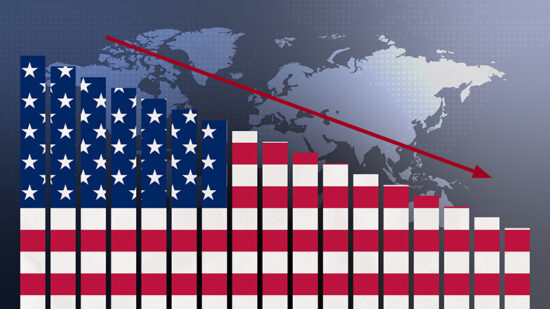Others are understood to be engaged in discussions aimed at creating a new IFA industry association there, to set a baseline for standards and a code of conduct for all expat-focussed firms to follow, International Adviser has learned.
These efforts are taking place as more and more other countries are increasing their regulatory oversight of financial advisers, notably including Britain, the US and Singapore.
They also come as the 10-member Asean Economic Community – of which Thailand is a member – evolve in the direction of greater economic integration, with an expressed goal of eventually enabling individuals and financial services to move freely across borders the way that they are meant to, and often do, in Europe.
In Thailand, the Securities and Exchange Commission requires both companies and individuals to be licenced, rather than just one or the other. Companies wishing to offer a range of financial services need licences for each of them – for example, for insurance broking as well as for providing investment advice.
Some industry sources say that the reason more advisers are looking to become SEC-regulated reflects a growing sense that the regulator is planning to begin overseeing the financial advice-giving industry – including firms that look after foreigners – more than it has in the past.
In response to emailed questions on this, the SEC did not confirm or deny that it planned to increase its scrutiny of financial advisers.
However, a spokesperson stressed that those who currently wish to advise on securities investments in Thailand specifically are required to “obtain a securities business license from the finance minister, upon the recommendation of the SEC”, while persons providing advice to investors “must be registered as SEC-approved investment consultants/analysts”.
Those who give securities investment advice without a licence are “deemed [to be] in contravention of and shall be liable to" penalties contained in the Securities and Exchange Act, he added.
A check of this 95-page document reveals the prescribed punishment to be “a [prison] term of two to five years, and a fine [of] from Bt200,000 (£4,000, $6,215) to Bt500,000 (£10,000, $15,540), and a further fine not exceeding Bt10,000 (£200, $311) for every day during which the contravention continues”.
“The SEC advises investors to be cautious,” the SEC spokesperson went on, still in response to International Adviser’s questions, adding that legitimate securities companies were listed on the regulator’s website, and that it encourages people to report any unlicensed firms.
As for why more advisory companies appear to be seeking to become regulated by the SEC now than in the past, the SEC spokesperson expressed scepticism that the move towards greater cross-border cooperation within the Asean Economic Community was a factor.
Rather, he cited greater “cross-border enforcement”, coupled with heightened concern over investor protection, as the most likely reasons.
MBMG signs up
Bangkok-based MBMG Group is understood to be the most recent firm to have been successful in its application to be granted an Investment Advisory licence and a Futures Contract Advisory licence by the SEC.
Earlier this year, its managing partner, Paul Gambles, and a senior consultant, Aliya Chupinijsak, were given Securities Investment Analyst and Securities Investment Consultant licences, respectively.
MBMG also holds an Insurance Brokerage license.
Gambles said the reason the company decided to make an effort to get these licences was because it believes that this is the direction the high end of the market in Thailand is going.
“Despite some misconceptions, the regulatory environment in Thailand is actually both extremely clear and quite strict,” he added.
Creveling & Creveling Private Wealth Advisory, a fee-only, US Securities & Exchange Registered Investment Adviser entity also based in Bangkok, has held Thai SEC authorisation as an Investment Advisory firm since 2006. C&C looks after both American and non-American, mostly English-speaking, expat clients.
Both Peggy and Chad Creveling, the firm’s principals, also hold Thai Securities Investment Analyst licences, which need to be renewed every two years.
They also both hold Chartered Financial Analyst and Certified Financial Planner qualifications.
Another Bangkok firm with expat clients that has an SEC license – which it has had since 2010 – is Broadgate Investment Advisory Securities, headed up by the company’s SEC-licenced chief executive, John Mills.
At least two other expat-focused advisory firms told International Adviser that they are looking to gain SEC-regulatory approval soon, but asked not to be identified.
Industry association sought
At the same time that some advisory firms are exploring their options with the SEC, others are in talks they say are aimed at creating an industry association modelled on Hong Kong’s Independent Financial Advisors Association and similar types of organisations.
A similar effort was made years ago, under the aegis of the British Chamber of Commerce in Thailand, but advisers say it failed to gain traction in the community.
To see a list of Thai advisory firms on the SEC’s website that have an SEC Investment Advisory licence, click here.
To read and download a copy of the Thai Securities and Exchange Act, with its explanation of the penalties for providing unlicenced securities advice on page 82, click here.








